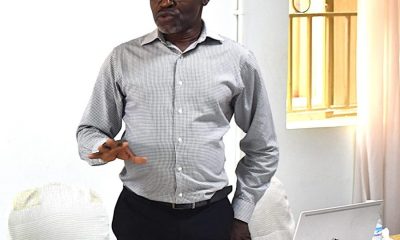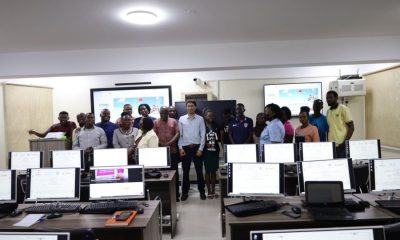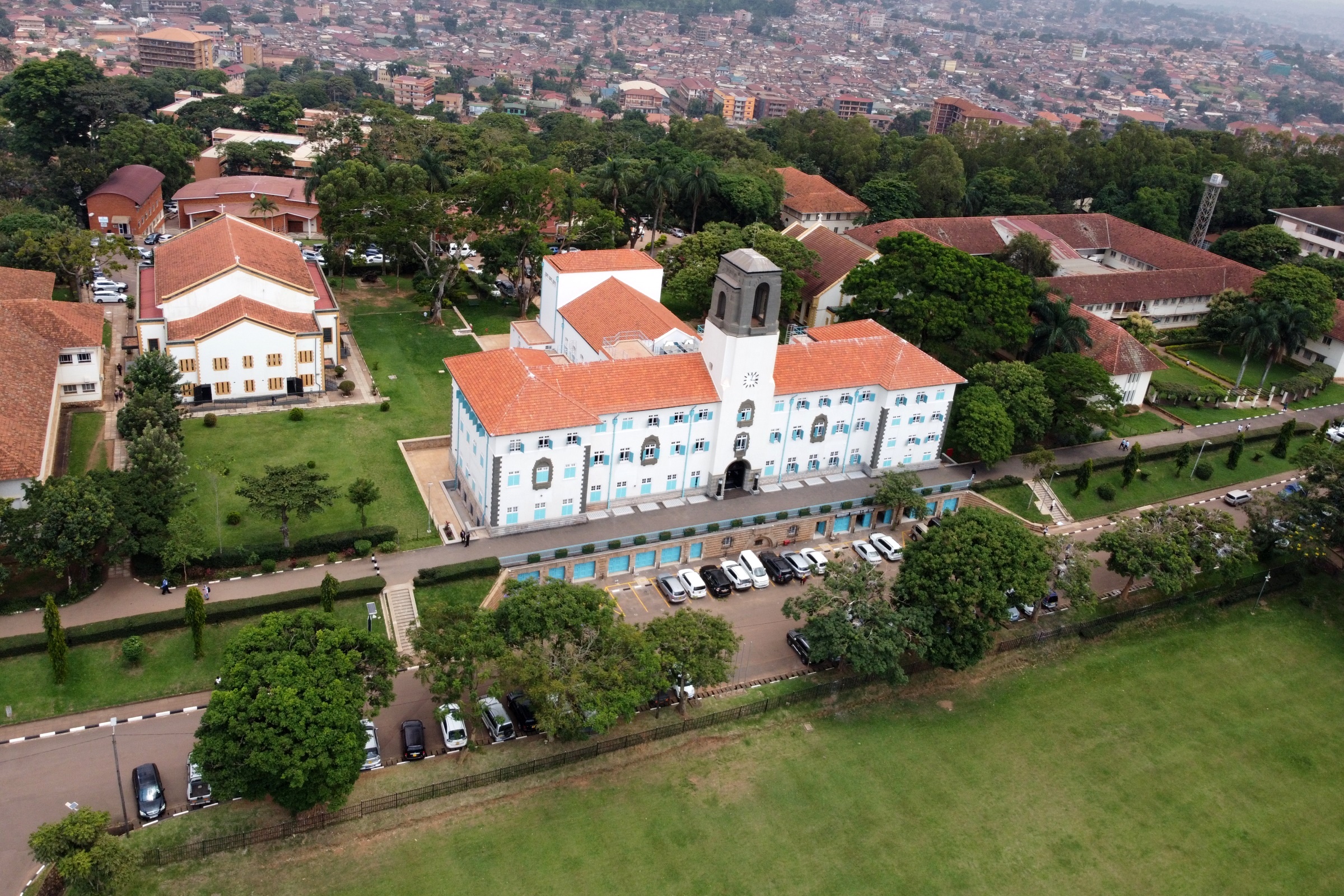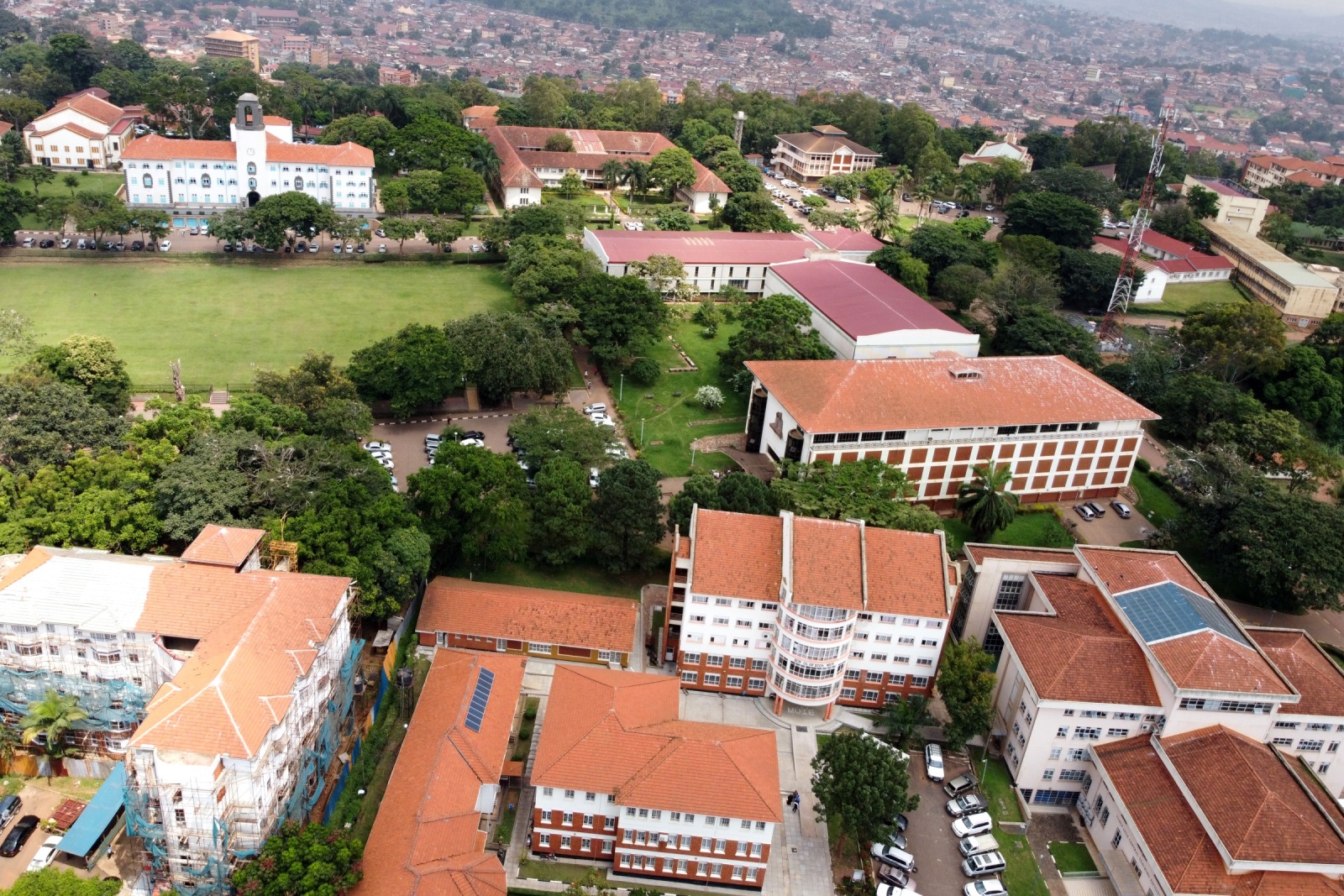In an era defined by rapid technological disruption and a deepening knowledge economy, Africa stands at crossroads. The continent’s quest for transformation hinges not merely on resources or infrastructure, but on the strategic cultivation of its greatest asset, human capital. Universities, long recognised as the engines of progress, through their traditional primary roles of teaching, research and community engagement must now evolve to meet the demands of a digital and data-driven world. It is within this context that the fifth African Research Universities Alliance (ARUA) Biennial International Conference, convened at Makerere University under the theme “Research, Innovation, and Artificial Intelligence for Africa’s Transformation,” assumes scholarly significance. Bringing together hundreds of scholars, policymakers, and thought leaders from across the continent and beyond, the conference underscores a collective urgency to harness the power of artificial intelligence not as a distant frontier, but as a practical tool for addressing Africa’s most pressing developmental challenges, from food security and health to employment, conflict, and migration. As Professor Barnabas Nawangwe, the Vice Chancellor of Makerere University aptly observed in his opening remarks that the responsibility before Africa’s universities is not only to generate knowledge, but to translate it into transformative action through research and community engagement.
Across the African continent, universities are grappling with meeting the heightened demand for higher education. In the decades post-independence, enrolment in higher education has expanded more than tenfold, reflecting both the aspirations of a young and dynamic population and the continent’s growing recognition of knowledge as a catalyst for development through expansion of access to tertiary education. Yet, this expansion has not been matched by a proportional growth in academic human resources, particularly at the doctoral and professorial levels. A significant proportion of Africa’s senior academics, many trained in the 1970s and early 1980s, are now approaching or have reached retirement, leaving institutions operating at roughly 60% of their optimal staffing capacity. This demographic shift poses a critical challenge to the sustainability and quality of higher education and research. Also, often-overlooked, is the shortage of skilled technicians, whose expertise is essential to sustaining effective teaching, research, and innovation. As Africa strives to assert its place in the global knowledge economy, strengthening the pipeline of qualified academics and technical professionals emerges not just as a priority but as an imperative for the continent’s intellectual and developmental future.
The future of work is already being rewritten, according to the World Economic Forum, an astounding 65% of children currently in primary school will work in jobs that do not even exist yet, a startling statistic that underscores the magnitude of transformation ahead. This projection challenges traditional education systems to evolve towards prioritizing skills, critical thinking, adaptability and creativity. This paradigm shift presents both an urgency and opportunity for Africa to leverage on the power of technology and collaboration. The coming decades will witness a profound shift in labour markets, as demand transitions from conventional white-collar roles to emerging fields in computing, scientific research, healthcare, and engineering. Therefore harnessing the continent’s youthful technological potential and vigor will be essential in shaping a distinctly African model of innovation-driven development.
The African Union’s ambitious goal of training 100,000 PhDs by 2035 reflects a recognition that sustainable development depends on the continent’s capacity to generate and apply knowledge for its own advancement. Yet, the current landscape reveals stark disparities: while Africa is home to nearly 19% of the world’s population, it contributes less than 3% to global GDP share, shoulders 25% of the global disease burden, and produces a mere 2% of the world’s research output, 1.3% of world research spending and holds less than 1% of patent application worldwide. These figures expose the continent’s underrepresentation in the global knowledge economy. The good news is that Africa has a robust entrepreneurial class thriving everywhere from technological hubs to telecentres and incubators creatively adapting solutions to uniquely African challenges. This momentum is a critical driver of the economy, both because it facilitates access to basic needs such as education, financial services and healthcare, but also represents a shift to the knowledge-based economy that will carry Africa into a prosperous future.
Those who innovate will achieve Africa’s transformation story and the universities stand at the centre of this transformation. They must continue to nurture new generations of researchers, thinkers, and innovators capable of confronting Africa’s complex challenges with creativity and purpose. The rise of artificial intelligence offers unprecedented opportunities to leapfrog effects of colonialism and historical barriers, provided education systems adapt to prioritise critical thinking, and innovation.
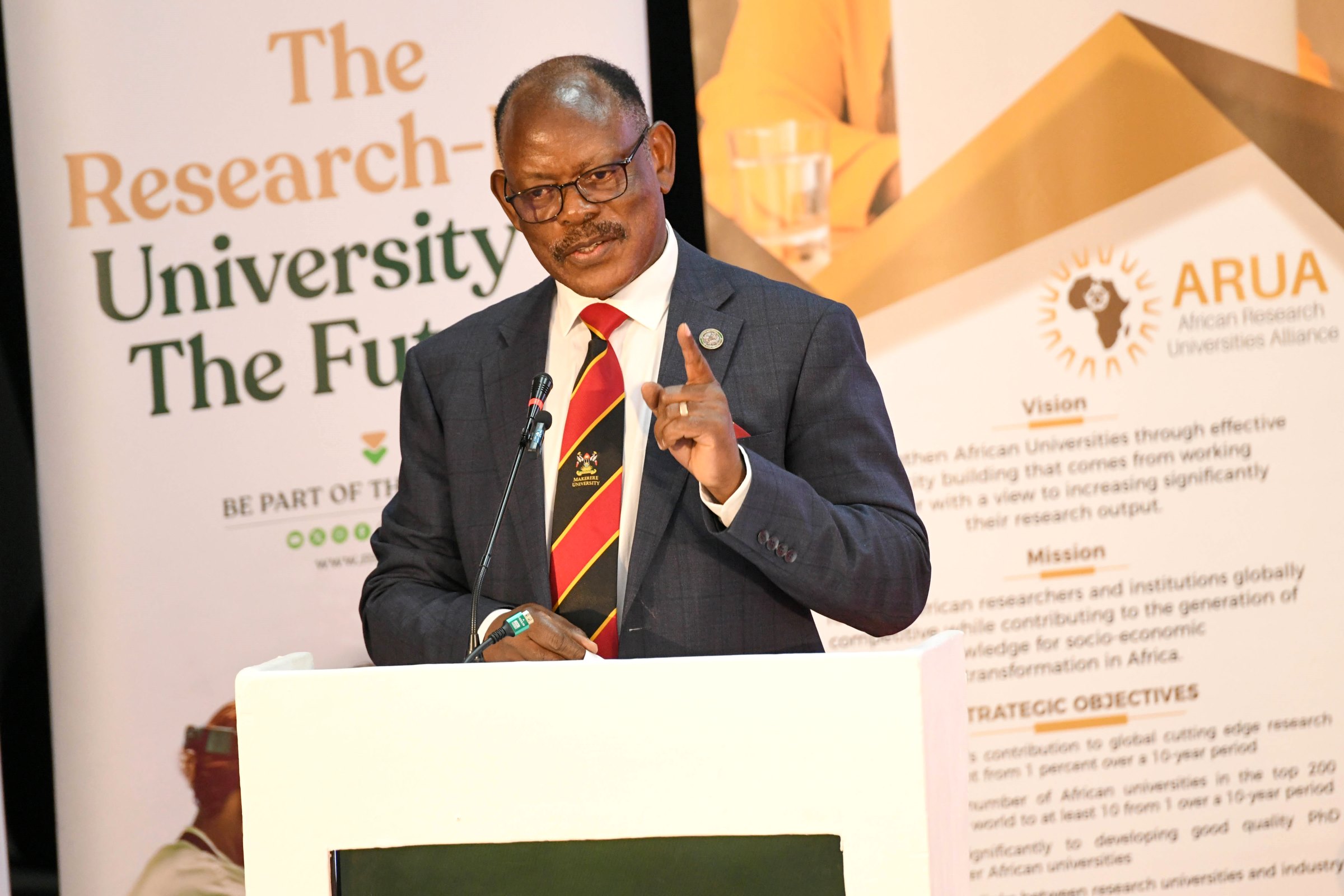

 General1 week ago
General1 week ago
 General6 days ago
General6 days ago
 General1 week ago
General1 week ago
 General2 weeks ago
General2 weeks ago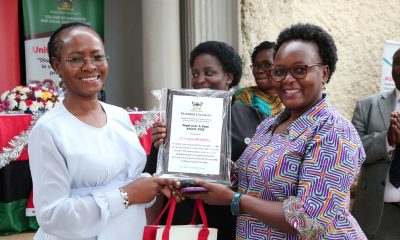
 Humanities & Social Sciences2 weeks ago
Humanities & Social Sciences2 weeks ago




